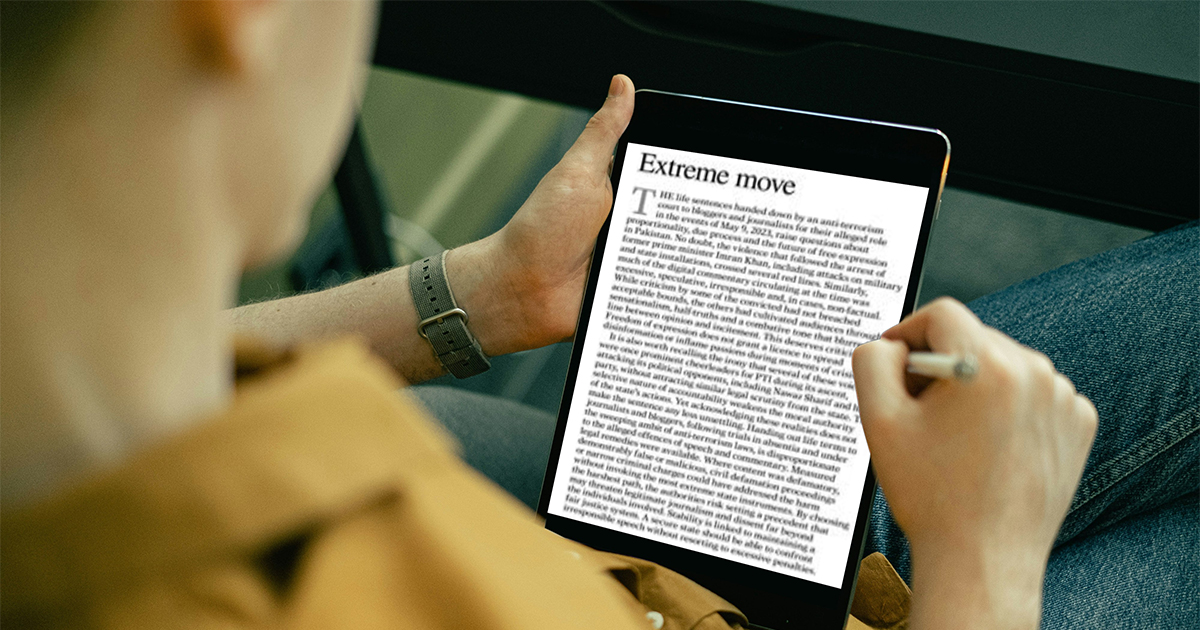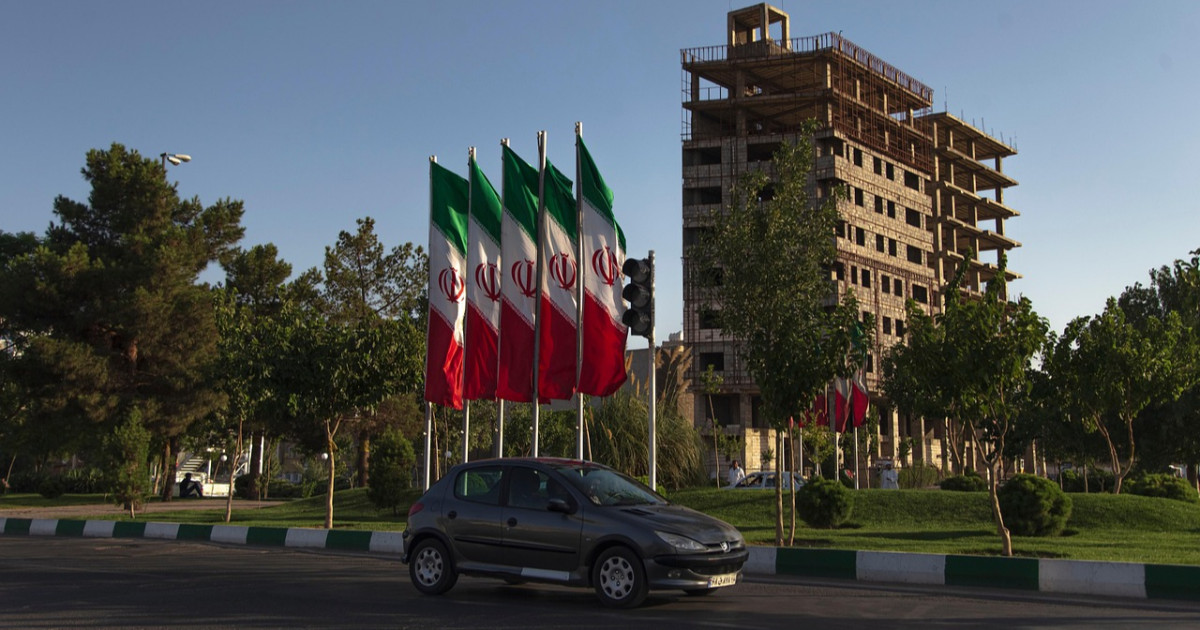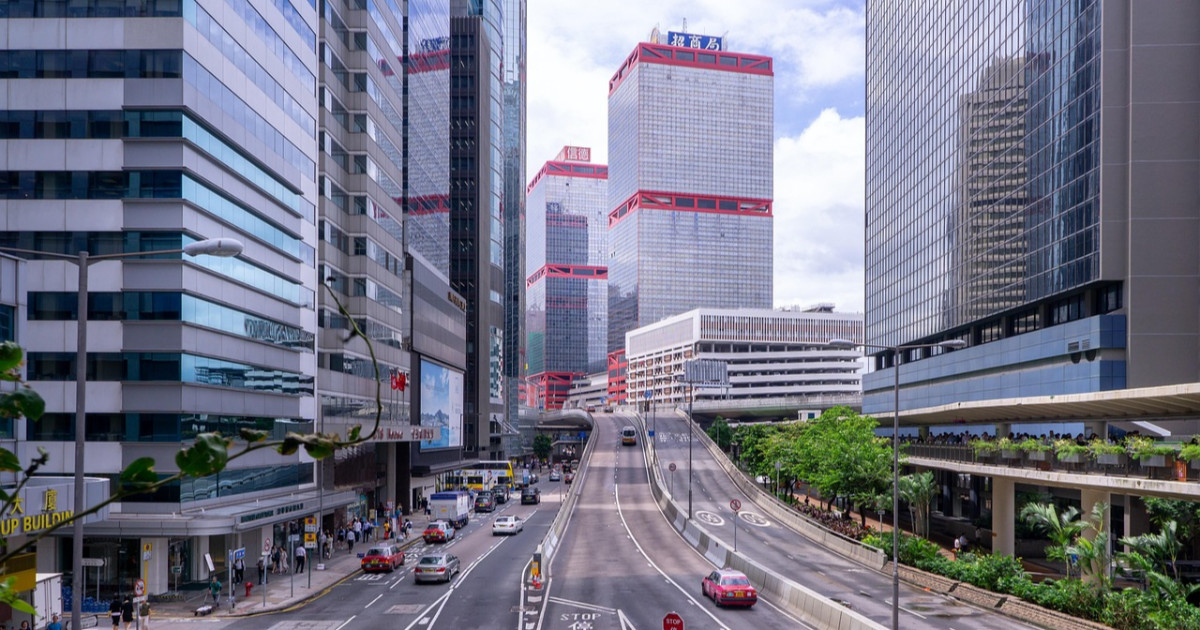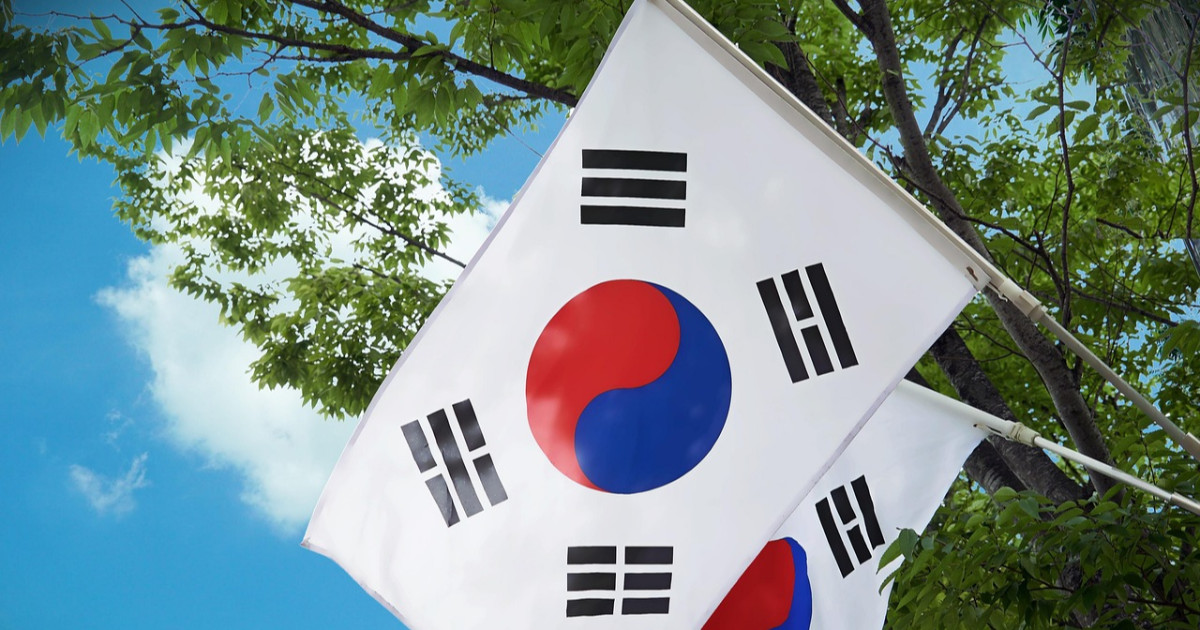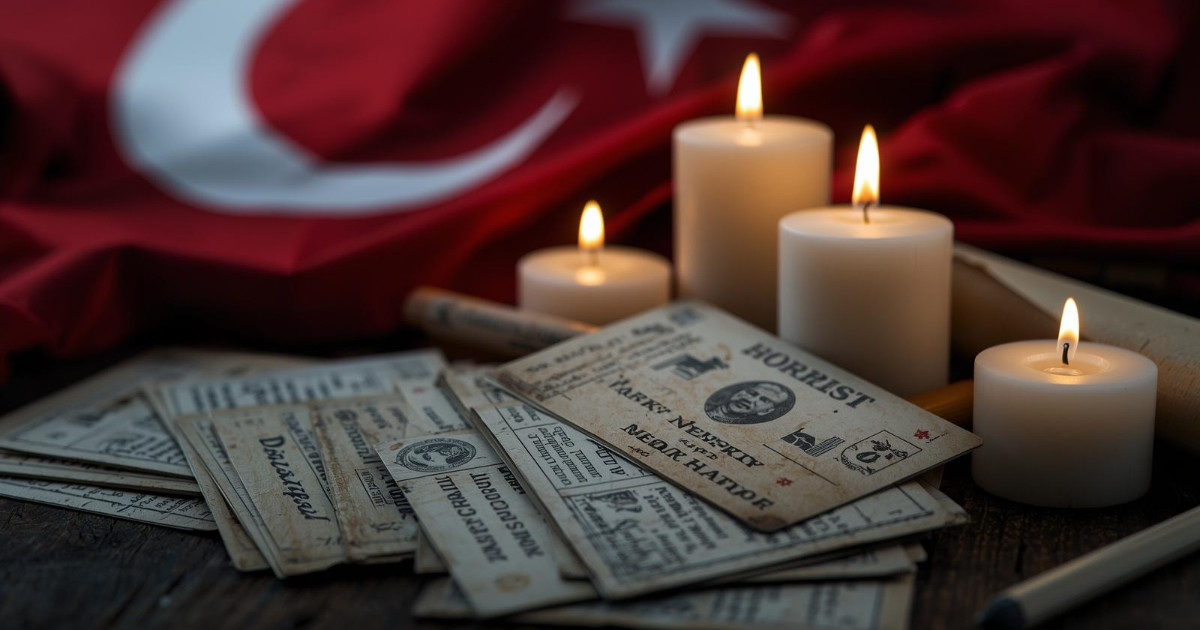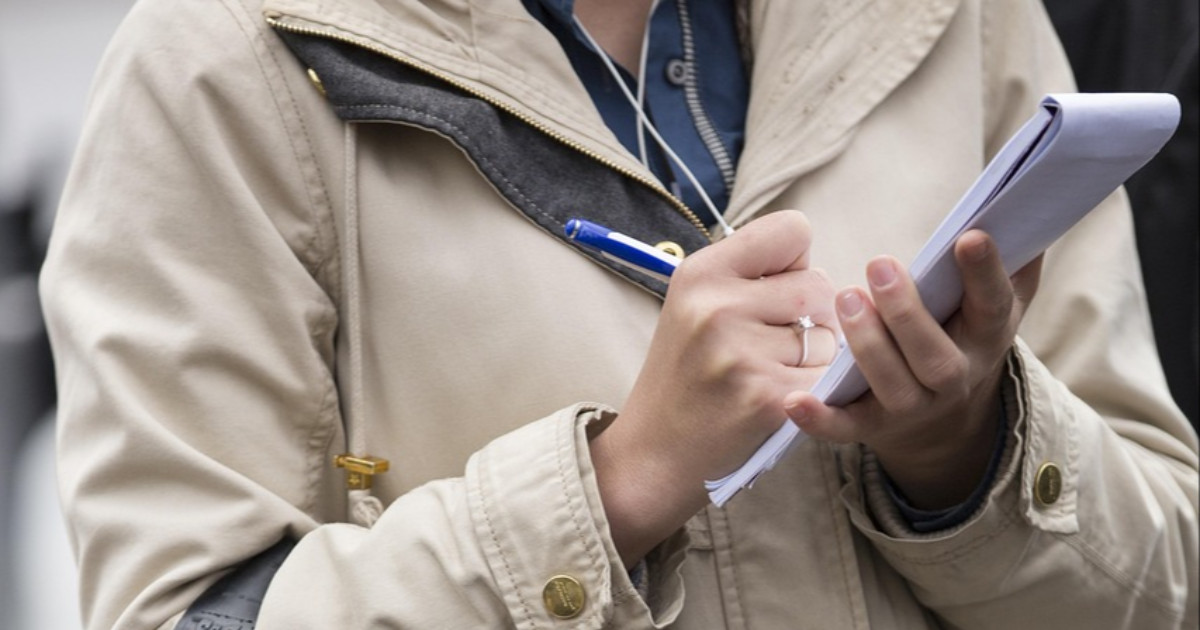Unions back IFJ call for groundbreaking UN Convention on journalists' protection
JournalismPakistan.com | Published: 18 November 2017
Join our WhatsApp channel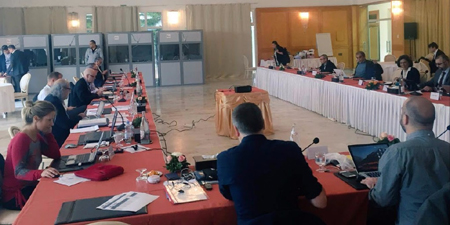
Journalist leaders endorsed the IFJ's proposal for a UN Convention to protect journalists and ensure their safety. This landmark initiative addresses the increasing violence and threats faced by media professionals worldwide.Summary
BRUSSELS - Journalists leaders from around the world Saturday backed a call by the International Federation of Journalists (IFJ) for a groundbreaking new United Nations Convention aimed at giving greater protection for journalists and journalism in the face of a tide of violence and threats. The call comes as figures show the numbers of journalists being violently attacked, threatened, jailed and prevented from working free from fear and harassment continues to grow, while impunity for such crimes is running at over 90%. Journalists union leaders representing 600,000 media workers across the world endorsed the IFJ's proposed International Convention on the Safety and Independence of Journalists and Other Media Professionals at a meeting in Tunisia. The ground-breaking convention would for the first time establish binding standards creating safeguards specifically for journalists and media workers. While under international humanitarian and human rights law journalists enjoy the same protections as all other civilians, such laws fail to acknowledge that journalists face greater risks compared to other civilians. There is a strategic advantage to be gained from targeting the media - those who wish to prevent the dissemination of information and international scrutiny increasingly deliberately target journalists. Journalists’ deliberate proximity to any conflict also makes them especially vulnerable; unlike other civilians, journalists do not avoid conflict areas. Whilst every individual is entitled to the protection of their right to life, personal liberty, security, freedom of expression and an effective remedy when their rights have been infringed, existing general human rights instruments fail to reflect the systemic effect of attacks against journalists on societies. Unlike most violations, attacks on journalists’ life or physical integrity have an impact on the public’s right to information, contribute to a decline of democratic control and have a chilling effect on everyone’s freedom of expression. Despite this, there is no independent course of action for members of the public or other media workers in cases of violations of the rights of a journalist to lodge an application for the case to be heard in an international procedure.
The current human rights regime also fails to take into account the risks associated with the journalistic profession. Whilst everyone’s right to free speech is protected, the exercise of freedom of expression by media professionals is distinct: they are involved in the circulation of information and ideas on a regular basis, with a much wider impact on mass audiences, hence providing a greater incentive to target them by those who wish to censor unfavorable speech. This public dimension of journalistic speech is under-recognized.
Journalists are targeted on account of their profession, and a dedicated international instrument would enhance their protection and attach a particular stigma to violations, increasing pressure on States to both prevent and punish violations, which is at the core of compliance with international law. The IFJ is clear that a new binding international instrument dedicated to the safety of journalists, including a specific enforcement mechanism, would improve the effectiveness of the international response. The move follows a recent trend towards recognizing that media workers face a different situation and may require a category-specific solution. According to UN Security Council Resolution 2222, the work of media professionals “puts them at specific risk of intimidation, harassment, and violence in situations of armed conflict”. The Council of Europe guidelines for the protection of journalism acknowledges an increase in attacks against journalists “because of their investigative work, opinions, and reporting”. The new instrument would provide a helpful codification of all applicable rules in one instrument, bringing together both human rights and humanitarian law provisions. It would include: the obligation to protect journalists against attacks on their life, arbitrary arrest, violence and intimidation campaigns, the obligation to protect against forced disappearances and kidnapping (by state agents or private actors), the obligation to carry out effective investigations into alleged interferences and bring the perpetrators to justice; in the context of armed conflict, the obligation to treat media workers and facilities as civilians (and hence illegitimate targets) and to conduct military operations with due diligence. IFJ General Secretary Anthony Bellanger said: “A new international instrument dedicated to the safety of journalists would make an important statement. It would acknowledge their distinctiveness, stemming from the risks to which they are routinely exposed and the value of journalistic work to society. It would intensify international scrutiny over attacks against journalists as well as assist national authorities in understanding their international obligations, currently fragmented in several treaty provisions and case law. Such a momentous initiative would make the safety of journalists and everyone’s right to information a clear priority for the international community. From today, the IFJ and its affiliates – on behalf of all the victim's victims of those who seek to silence the messenger - commit ourselves to this cause and we look forward to your support in this crucial struggle.” "58 journalists have already been killed this year. Governments will be accountable before the UN General Assembly. Consequently, they will be forced to fulfill their obligations by developing effective judicial mechanisms to bring journalists´ attackers to justice. This convention is an important step towards achieving that,¨ added IFJ President, Philippe Leruth. - IFJ media release
KEY POINTS:
- Global support for IFJ's UN Convention
- Document aims to enhance journalist safety
- Addresses high levels of violence against journalists
- Focuses on systemic issues in protecting media professionals
- Calls for binding standards and enforcement mechanisms









